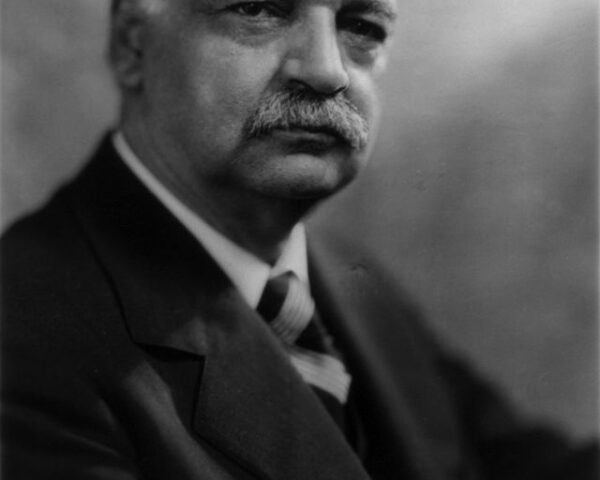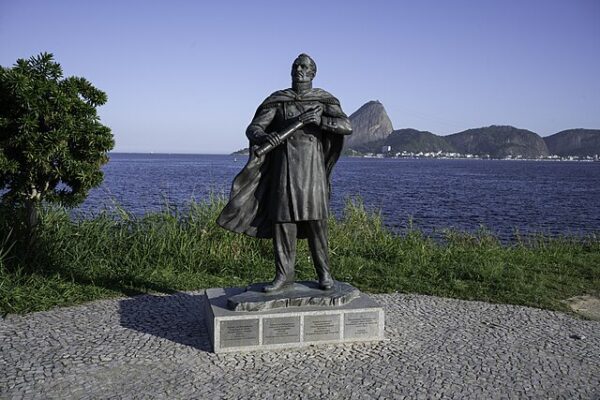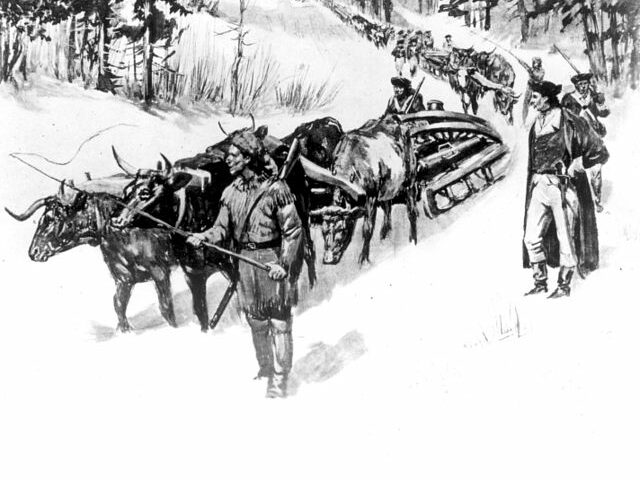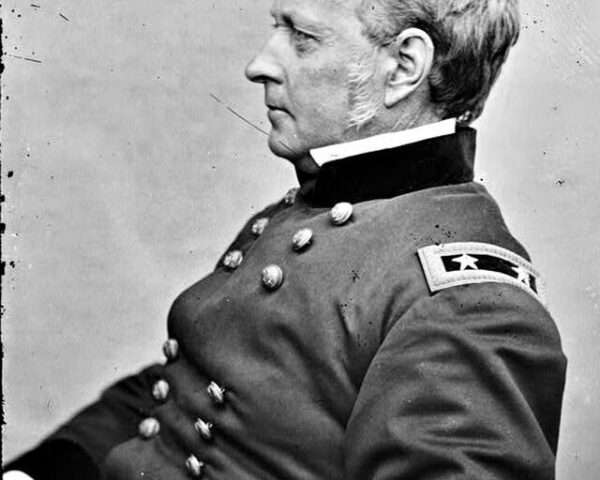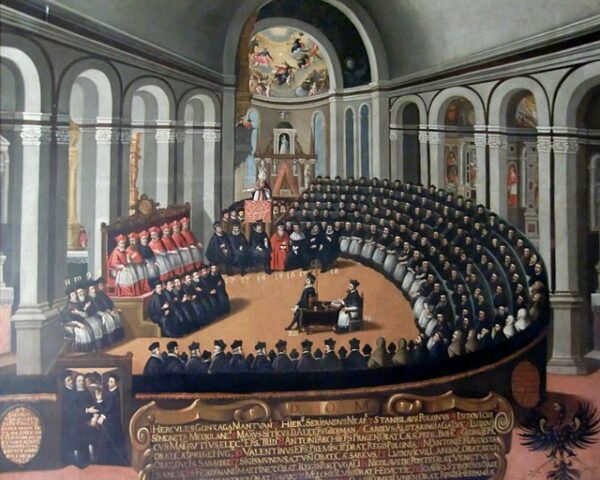Charles Curtis made history on January 29, 1907, becoming the first Native American to serve in the United States Senate. A member of the Kaw Nation, Curtis’s extraordinary career was marked by his dedication to public service, his advocacy for Native American issues, and…
Read MoreOn January 28, 1958, the LEGO Group filed a patent for a revolutionary concept that would forever change the toy industry: the design of the LEGO brick. This innovative idea marked a pivotal moment for the Danish company, solidifying its position as a global…
Read MoreOn January 28, 1813, Jane Austen’s Pride and Prejudice hit book stores in England. The story centers around Elizabeth Bennet, one of five daughters in a genteel yet financially strained family. Against the backdrop of rigid social norms, the narrative delves into themes of social class,…
Read MoreOn January 27, 1820, at the outer edge of the known world, a Russian naval expedition pressed south through ice-choked seas and altered humanity’s map of the planet. Commanded by Fabian Gottlieb von Bellingshausen and Mikhail Petrovich Lazarev, the voyage approached what is now…
Read MoreTrajan, born in 53 AD in Italica, a Roman colony in present-day Spain, rose through the ranks of the Roman military to become one of the greatest military commanders and administrators in Roman history. On July 27, 98, the genius military commander became Roman…
Read MoreOn January 27, 1776, an extraordinary achievement of the American Revolutionary War reached its climax. Henry Knox’s “noble train of artillery” arrived in Cambridge, Massachusetts, delivering the heavy weaponry that would become crucial in the fight for independence. This remarkable accomplishment showcased the ingenuity,…
Read MoreIn the bleak aftermath of the Battle of Fredericksburg, the Union Army stood stunned—not merely by defeat, but by the scale and clarity of it. On January 26, 1863, President Abraham Lincoln formally relieved Ambrose Burnside of command of the Army of the Potomac,…
Read MoreOn January 26, 1564, the Council of Trent concluded its extensive efforts to clarify and define Roman Catholic doctrine, creating a lasting division between Roman Catholicism and Protestantism. The council, convened in response to the Protestant Reformation, met intermittently over 18 years from 1545…
Read MoreOn January 26, 1998, President Bill Clinton said something on national television that became a defining aspect of his presidency: “I did not have sexual relations with that woman, Miss Lewinsky.” The Monica Lewinsky scandal was a major political scandal that emerged in the…
Read MoreOn January 25, 1971, one of the most infamous crime sprees in American history reached its legal conclusion. Charles Manson and four members of his so-called “Family” were found guilty for their roles in the brutal Tate–LaBianca murders, a verdict that brought a grim…
Read More

